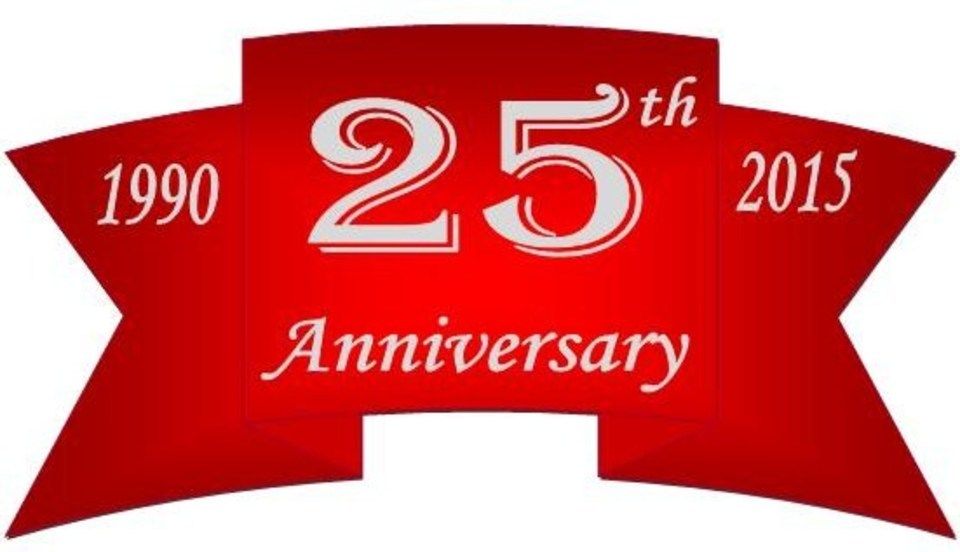Elementary
The Elementary Program expands and extends the structure of the preschool environment, offering individual and small-group instruction using beautiful and dynamic manipulations which present abstract ideas concretely.
Language is an important part of the entire Montessori curriculum for it brings the child to conscious awareness of language and how it can be used more effectively. Once the child has an understanding that writing is a graphic form of language, then he begins work with spelling, word study, penmanship, grammar, punctuation and capitalization. The real experience in reading and writing comes through the child’s work in other areas of the curriculum, such as geography, history, botany, etc.
Foreign Language - Spanish is the foreign language currently being studied in the elementary program.
Mathematics - Manipulation of concrete and symbolic materials with built-in control of error develops sound arithmetic skills and leads the child to make his or her own abstractions. The children work with fraction materials, cubing materials and materials for studying algebra and calculus.
Geometry - Experienced sensorially through manipulation of both plane and solid geometric figures. As much geometric nomenclature is supplied as the child is able to assimilate so that the child will have as much information as possible at his or her command upon entering the stage of exploring why, how and when things happen.
Social Studies and Science (Cultural Studies) - Dr. Maria Montessori felt that social studies and sciences should be integrated in the environment, as they are in life. The subject areas studied include geography, geology, history, botany, zoology, chemistry, sociology and government.
History - The Montessori curriculum follows the development of the solar system, life on Earth, the development of humankind, early civilizations and recorded history. The child sees the long labor of humankind that is needed to accomplish all that is enjoyed here today.
Geography - Studies focus on how the physical configurations of the Earth contribute to our history. The study of physical geography is the basis for the study of economic geography, which shows the interdependence of people.
Art - In the elementary environment, the adult aids the child in the development of skills in order that the child may creatively express him or herself through various media. In addition to art expression, art is an integrating factor for the rest of the curriculum. The child may use it in such ways as geometrical drawings, geographical maps or illustrations for history, botany, zoology, social studies, etc.
Music - The elementary program consists of singing, dancing, music appreciation, guest listening and ear training. There will be opportunities to listen to and discuss many different types of musical instruments.
Physical Education - Biological studies relating to physical education include human anatomy, physiology and nutrition. An interest in the development of skills that could be used in later life is the emphasis, along with the challenge of competing with oneself rather than competing against others.

